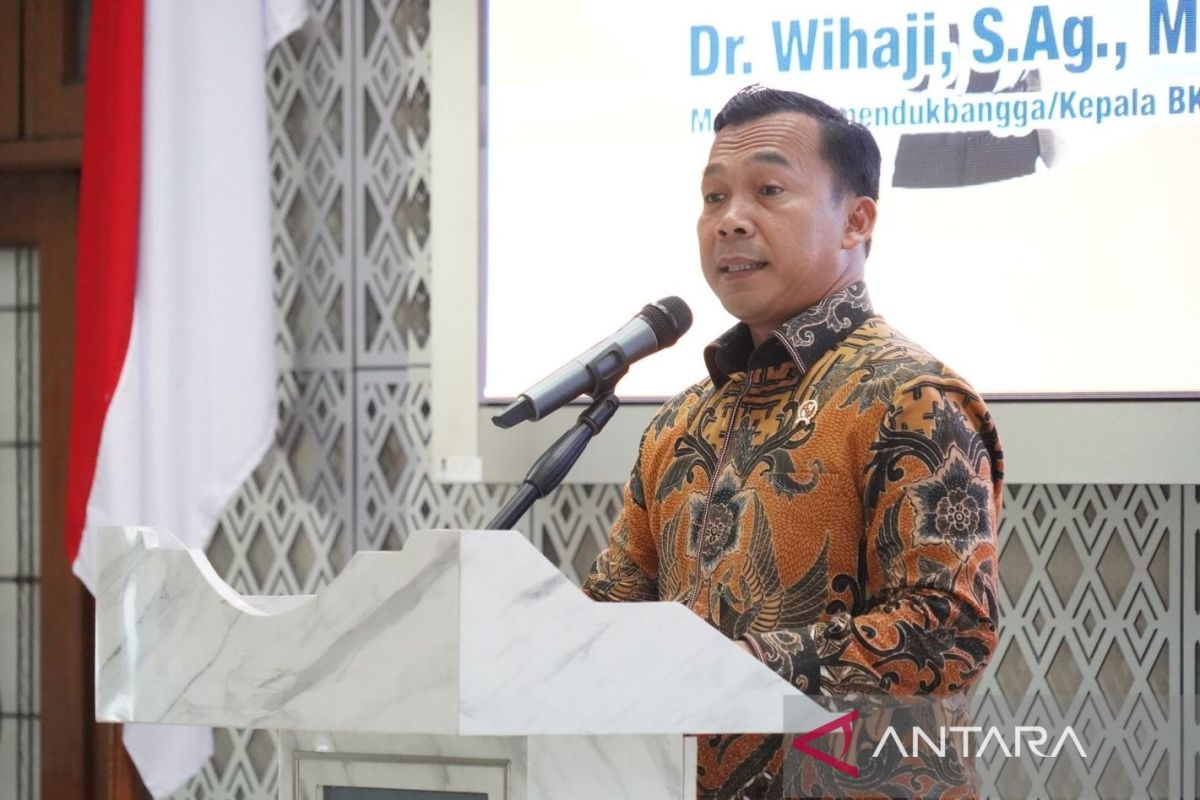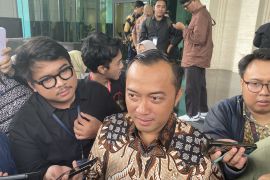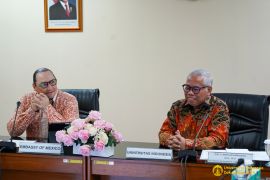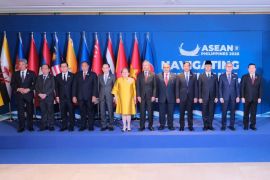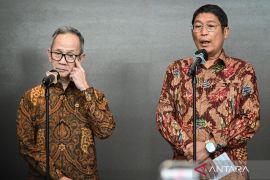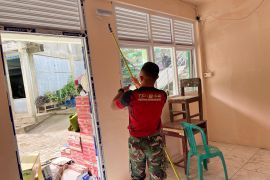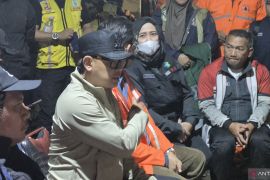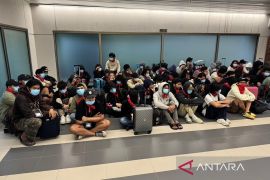“Children today tend to communicate more with their mothers. As a result, 20.9 percent of children grow up without an actively involved father,” he noted in a statement on Thursday.
According to UNICEF data from 2021, the absence of father figures in Indonesia stems from factors such as divorce, death, or occupations that require fathers to live away from their families.
Data from Indonesia’s Central Statistics Agency (BPS) in the same year also show that only 37.17 percent of children up to five years of age are raised by both parents together.
“The role of a father in the family greatly influences a child’s emotional, social, and cognitive development. Yet in many cases, the father’s role is overlooked or seen merely as that of a breadwinner, leaving mothers to shoulder the primary burden of parenting and education,” Wihaji explained.
Related news: Parents must teach emergency response skills to kids: expert
He emphasized that the family is a child’s first school, and a father’s involvement should not be viewed as supplementary but as essential for shaping a mentally and socially healthy generation.
To address this issue, BKKBN has launched the Gerakan Ayah Teladan Indonesia (GATI), or Indonesian Exemplary Fathers Movement, aimed at increasing paternal involvement in child-rearing and adolescent guidance.
Wihaji also highlighted the importance of emotional nurturing and support during adolescence. Through GATI, the government seeks to raise awareness about the critical role of fathers in a child’s development, which is vital for building quality families and producing strong, character-driven generations.
Related news: Need for greater involvement of fathers in parenting
“Today’s youth are often labeled the ‘strawberry generation’—fragile, unable to withstand pressure, and quick to crumble like the fruit itself. GATI is expected to help counter this phenomenon by encouraging father involvement, thereby fostering a resilient, quality generation ready to embrace Indonesia’s demographic bonus,” he stated.
GATI comprises several programs, including digital counseling platforms like Siapnikah and Satyagatra, as well as community-based initiatives through the Consortium of Exemplary Fathers and Communities (Kompak Tenan).
Other approaches include the development of Model Father Villages/Subdistricts (Desa/Kelurahan Ayah Teladan, or Dekat) within the Quality Family Villages program, and school-based initiatives such as Schools with Fathers (Sebaya).
These initiatives are not only innovative but also relevant in promoting gender-equitable parenting practices, Wihaji added.
Related news: Parents must understand how children communicate on social media: govt
Related news: Ministry pushes equal parenting to ease women's double burden
Translator: Lintang, Azis Kurmala
Editor: M Razi Rahman
Copyright © ANTARA 2025
